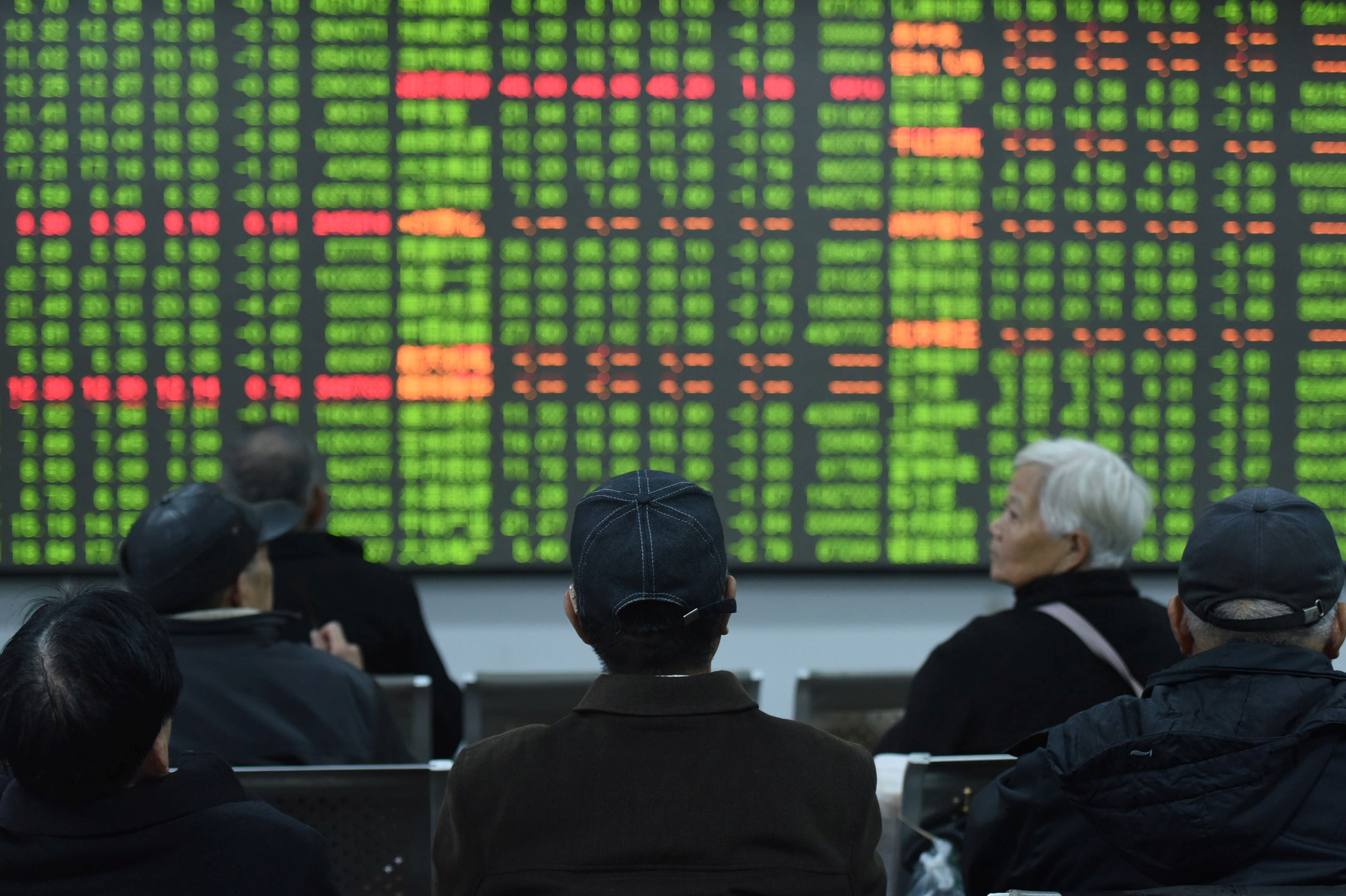US-China trade fears trigger technology collapse, Asian markets slump
On Thursday, Asian stock markets decline significantly due to the United States may further escalate tariffs against China.

On Thursday, July 18, most Asian markets declined, with technology and semiconductor manufacturers leading the losses, amid concerns that the United States may further escalate tariffs against China, reigniting fears of a trade war between the two countries.
Additionally, remarks by Republican presidential candidate Donald Trump regarding U.S. defense spending for Taiwan exacerbated regional market concerns.
Asian stocks took negative cues from Wall Street, where the S&P 500 and Nasdaq Composite indices fell due to sell-offs in semiconductor and technology stocks. Investors shifted focus to more economically sensitive sectors amid expectations of lower interest rates, leading to prolonged profit-taking in these segments.
U.S. stock futures rose during Asian trading, partially recovering from Wednesday's losses.
On Thursday, Asian tech stocks performed the worst, with Japan's Nikkei 225 index falling by 2.1% due to declines in semiconductor stocks. Tokyo Electron (TYO: 8035) plummeted over 8%, following reports that stricter U.S. scrutiny could affect its supply to the Chinese market.
Moreover, if companies like Tokyo Electron and ASML Holding NV (NASDAQ: ASML) continue supplying chip technology to China, the U.S. is considering stricter trade restrictions on China.
This move could indicate the Biden administration's ongoing efforts to separate China from advancements in artificial intelligence, potentially sparking strong retaliation from Beijing and igniting a new round of trade tensions between the world's two largest economies.
South Korea's KOSPI index fell by 1.4%, while the Shanghai Shenzhen CSI 300 index and the Shanghai Composite index dropped by 0.6% and 0.7% respectively, reflecting deteriorating sentiment towards China. Hong Kong's Hang Seng Index declined by 0.8%.
Taiwan Semiconductor Manufacturing Company (TW: 2330) expects second-quarter earnings to increase due to artificial intelligence (AI). As a bellwether in the chip industry, TSMC is poised to report strong profits driven by soaring demand for AI-driven chips.
TSMC fell by 3.5% in Taiwan trading, following an overnight 8% drop in its U.S.-listed stock (NYSE: TSM), largely influenced by Trump's remarks, and part of broader semiconductor sell-offs.
After reaching historic highs over the past year due to the AI boom, the stock is also vulnerable to profit-taking.
Leading lithography equipment manufacturer and semiconductor industry stalwart ASML (AS: ASML) reported better-than-expected performance on Wednesday, driven by AI-driven demand.
Broader Asian markets also fell as investor sentiment worsened across the region. Australia's ASX 200 index dropped by 0.3%, retracing from historical highs, amid concerns about rising interest rates prompted by significantly stronger-than-expected labor market data.
India's Nifty 50 index futures pointed to a subdued morning, with the Indian market preparing for some profit-taking after reaching record highs amid deteriorating sentiment across Asia.
Disclaimer: The views in this article are from the original Creator and do not represent the views or position of Hawk Insight. The content of the article is for reference, communication and learning only, and does not constitute investment advice. If it involves copyright issues, please contact us for deletion.